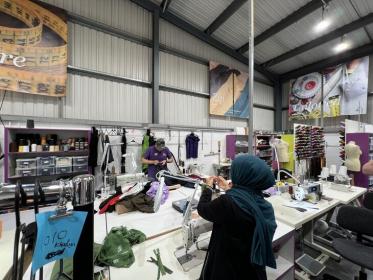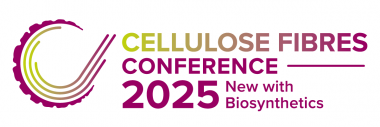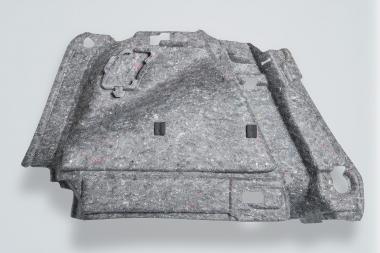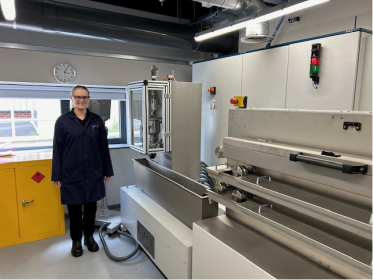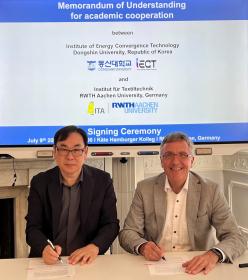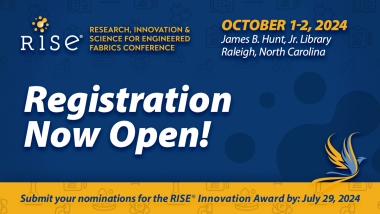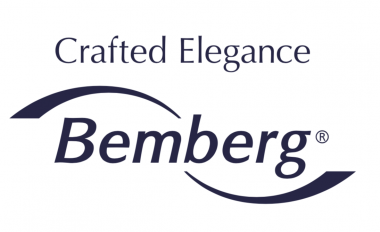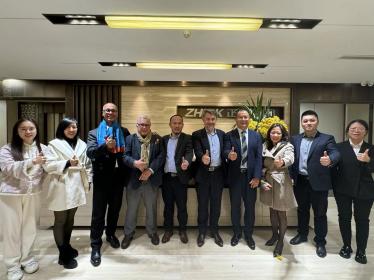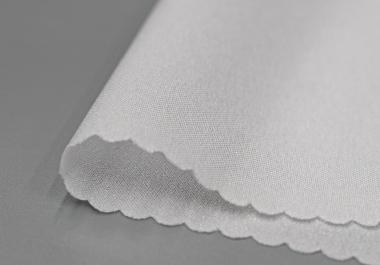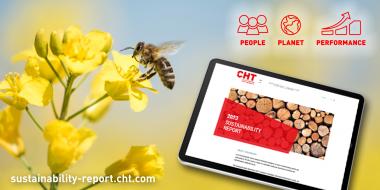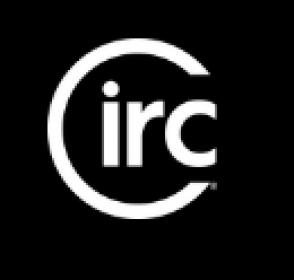John Lewis launches repair and laundry service
John Lewis has announced a trial where customers can bring their garments, accessories and a selection of homeware back to life through an in-store repair service. To launch the trial, John Lewis and Johnsons (part of Timpson Group) are joining forces to bring their expertise for this new offering to customers.
From reviving your wedding dress, to restoring the zip on a luxury clutch or adjusting a pair of curtains, the service will offer repair and alterations, laundry, dry cleaning and more.
Launching in selected stores from 22 July, the service will accept any brand allowing customers to drop off items to be fixed, altered, cleaned or restored, and come back to collect them after they have been given a fresh lease of life for years to come.
Extending a garment’s life by just nine months can reduce its carbon, waste and water footprints by up to 30%*. Prolonging the life of clothing is a key pillar of the circular economy, and with more consumers embracing the culture of mending and repair, recent research found that more than a third of UK adults plan to increase household repairs, rather than buying new**. This is also the case with our customers, with nearly half seeing a lifespan guarantee to repair or replace any item as the most appealing added service.
The trial will launch in five John Lewis branches: Oxford, Liverpool, Cheadle, Milton Keynes and Welwyn.
John Lewis will learn what customers want during the 16 week trial - such as the type of services customers look for, type of garments most repaired and the demographics of customers seeking the repair service - in a test and learn approach.
* WRAP, Valuing Our Clothes: the cost of UK fashion
** Aviva, Ramping up: repairs, renovations and recycling
John Lewis Partnership Plc


